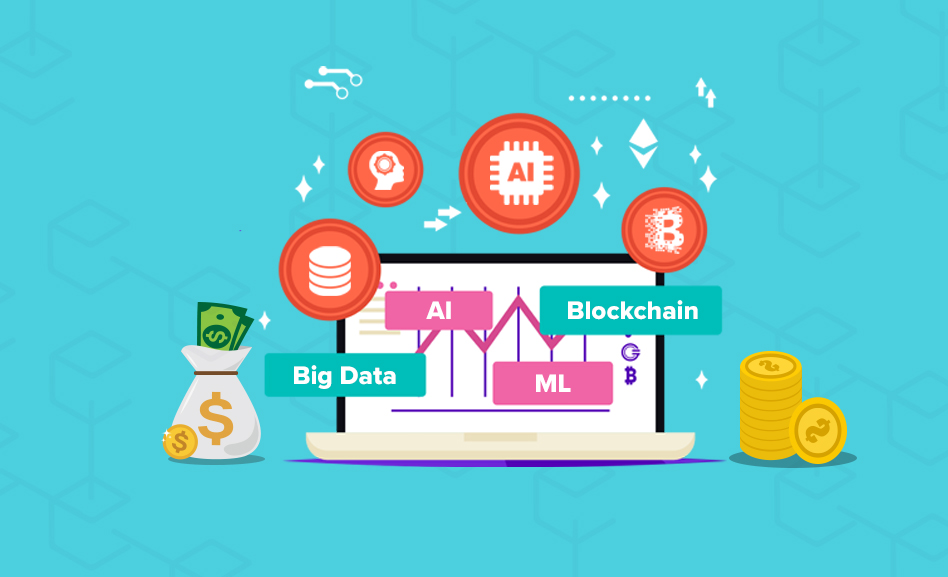
Digital transformation of financial services involves taking a holistic approach to managing finances, which relies on innovative digital technologies. As a financial services player, there is absolutely no harm in joining the revolution of digital transformation and adopting the future-proof changes that will lead to better results and increased efficiencies in your organization.
With next-generation tech applications and use cases reshaping the financial sector, technologies like AI and ML hold tremendous potential to transform the sector for the better. The financial industry is awakening to AIs immense potential to transform. The emerging breakthroughs in cutting-edge technology paradigms like artificial intelligence are taking the financial industry by storm.
The financial industry has embraced automation too. The financial sector has also committed itself to such a broad-based digitization. The financial sector has greatly benefitted from machine learning; banks are able to collect and analyze massive amounts of data across finance.
AI in Banking The Banking sector has made banks efficient, trusted, useful, and better understood. In this way, AI helps banks to secure customer data and enhance regulatory compliance. AI technologies in the banking industry enable banks to automate processes and operate within existing regulatory compliance.
The increasing influence of artificial intelligence in the banking industry has reduced operating costs, improved customer service, and automated processes. Artificial Intelligence in Banking will bring a lot of benefits for banks and also for financial institutions. For financial institutions, advances in machine learning and artificial intelligence may provide opportunities for expanding their client relationships, providing better recommendations, and lowering their costs.
The nations largest banks are rolling out voice- and text-based robots that leverage machine learning to provide tailored suggestions for customers on how to improve their finances. These emerging technologies for the financial services industry are also easily accessible for smaller banks, with tools for automating specific processes like paperwork, data-sharing, data analytics, customer communications, and much more. Implementing back-end automation for risk management, security, document management, and more has a number of other benefits, but it is a new technology in the financial services industry that is still not being widely adopted.
Financial services tech trends such as RPA enable banks to save money, reduce human errors, and increase processing speeds. Industry experts think that using AI will help the financial sector to save up to $1 trillion by 2030. According to the Mckinsey Global Institute Report, the usage of AI to augment basic bank functions and deliver personalized services to customers worldwide is estimated to cost more than $250 million globally for the sector.
As we head into the next frontier of technology breakthroughs and R&D, we look at AIs role in the disruption of the financial sector, its effect on businesses, and how it is opening up new windows for unique opportunities. The financial services sector is also one of the fastest-moving, making it the ideal candidate for digital transformation. Show Source Texts
Cited Sources
- https://www.msn.com/en-ca/money/smallbusiness/why-ai-is-the-next-step-in-digitization-of-the-finance-sector/ar-AA12nk6N 0
- https://www.fiserv.com/en/about-fiserv/the-point/how-artificial-intelligence-is-creating-a-new-kind-of-financial-advice.html 1
- https://biz.crast.net/how-ai-is-the-next-step-in-the-digitization-of-the-finance-sector/ 2
- https://usmsystems.com/use-cases-of-ai-in-the-banking-sector/ 3
- https://www.paymentsjournal.com/all-you-need-to-know-about-digital-transformation-in-the-finance-sector-in-2022/ 4
- https://everfi.com/blog/financial-education/emerging-tech-in-financial-services/ 5
- https://canadatoday.news/ca/how-ai-is-the-next-step-in-the-digitization-of-the-financial-sector-99502/ 6

